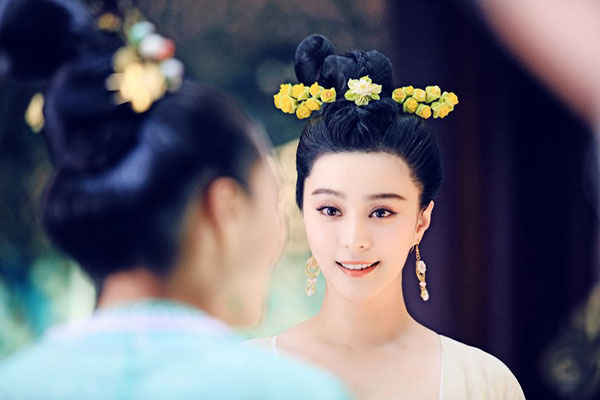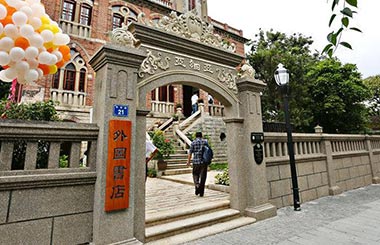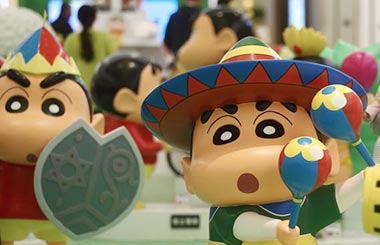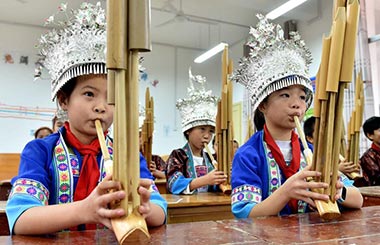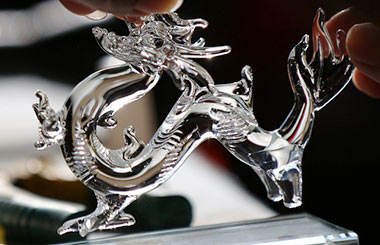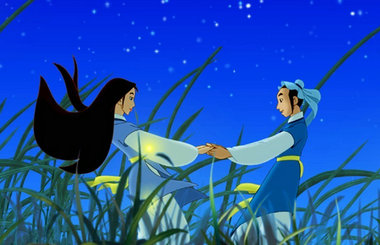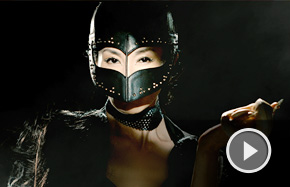Making a clean breast of it
"Censorship should have a clearer standard and be more flexible," says Zhang Baiqing, head of the China Film Critics Society and a member of the movie censorship committee under the State Administration of Press, Publication, Radio, Film and Television.
He believes that the hit drama might have passed censorship before its nationwide premiere, but might have then be pulled off the air due to two possibilities.
It could be because some viewers had complained to the authorities or some high-status official ordered a re-examination of the drama because of concerns about its possible 'bad' social influence, he says. "But whatever the case is, the cuts were unnecessary."
"Foreign countries have a complete system of 'dos and don'ts'. But our country's regulations are ambiguous," he says.
Chinese authorities rule that movies and television productions should not have pornographic contents, but plunging necklines and corseted breasts do not constitute pornography. It may be a matter of taste, says the Hangzhou-based researcher.
Yin Hong, executive deputy president of the journalism and communication school of the Tsinghua University, agrees with Zhang.
He points out that the hit drama had already been controversial before the suspension, but the "arbitrary" cuts cannot mitigate the heat of the debate.
The biographic work of Wu Zetian (AD 624-705), the first and only female emperor who reigned from AD 690 to 705, had a record rating of 2.28 percent in a 50-city survey, just on the first day of its screening. But some viewers on Baidu Tieba, one of the country's largest online forums, joked that they had been drawn to the big-budget serial for the actresses' half-exposed breasts.
"If there was a debate, let the public thrash it out," says Yin. "The abrupt halt to the serial and the cuts will only attract more attention. There have been many similar situations in the past. We don't seem to learn from them."
"The drama had been criticized for its mediocre plot and coarse dialogues before the removal. But now, it has the support of many people."
Raymond Zhou, veteran film critic with China Daily, says: "It had been bad, but now it may become a good thing."
He cites the famed "Streisand effect" to show its similarity to the Chinese actress Fan Bingbing-starring drama. The effect is named after the American entertainer Barbra Streisand's attempt to suppress photographs of her residence in California but instead drew further public attention to it.
Zhou points out that ancient scrolls and documents show that during Wu's reigning dynasty, it was the custom for women to wear clothes that bared their necks and shoulders. The breasts might not have been as "squeezed" as those depicted in the drama.
But there are other experts who agree with the need for the cuts.
Wang Xudong, director of China Film Critic Society Academic, says television brings images into the living room. "It may not be good for our young to see exposed women's bodies. TV projects should have an educational influence," he says.




